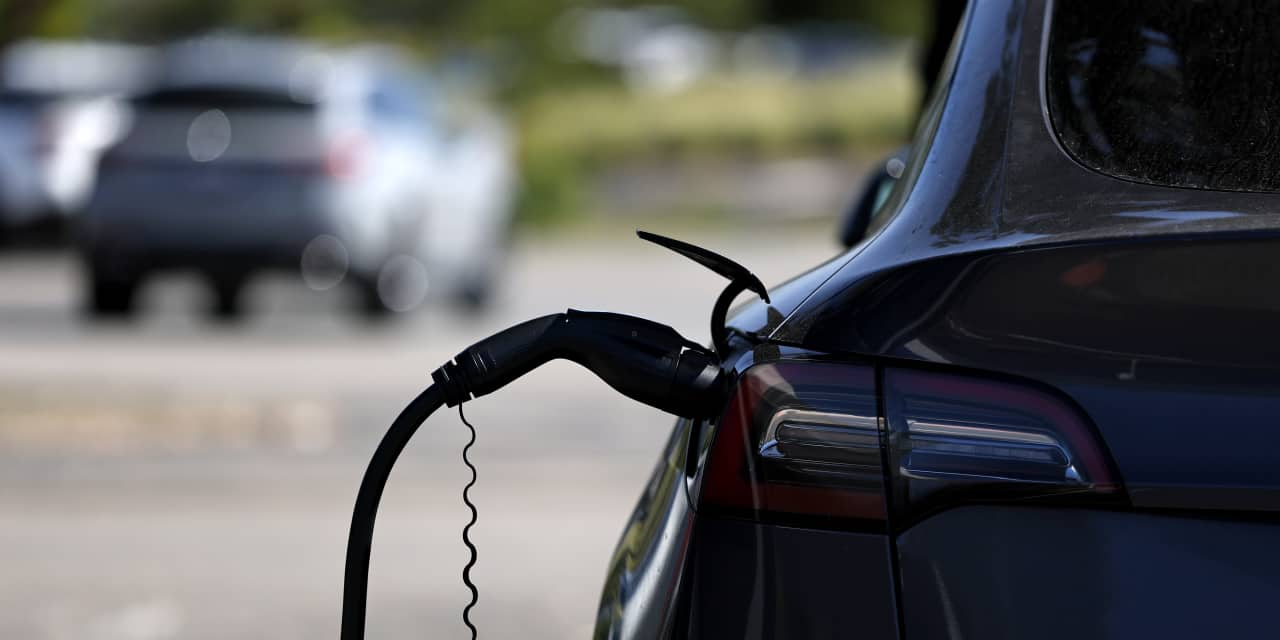EV tax credit ends today — act now to save on green home upgrades

Time is Running Out for Tax Credits on Electric Vehicles and Clean-Energy Upgrades
With the deadline approaching, individuals looking to take advantage of tax credits for electric vehicle (EV) purchases or clean-energy home improvements need to act quickly. The availability of these incentives is shrinking, and the window for claiming them is rapidly closing.
Car buyers have until the end of the day on Tuesday to claim a credit worth up to $7,500 for a new EV or a tax break of up to $4,000 for used EVs. Homeowners, on the other hand, have until the end of the year to apply for tax credits related to solar panels, certain heat pumps, windows, and doors. These credits can save thousands of dollars, but only if they are claimed correctly and within the specified timeframes.
According to Tom O’Saben, director of tax content and government relations for the National Association of Tax Professionals, these credits offer a direct reduction in a taxpayer’s bill, making them a powerful tool for reducing taxes. However, he warns that mistakes in claiming the credits could lead to serious consequences, as the IRS may revoke the credits if errors are found.
Key Considerations for EV Buyers
One critical factor for EV buyers is the date when the vehicle was “acquired.” According to the IRS, a vehicle is considered acquired as of the date a written binding contract is signed and a payment is made, which includes a nominal down payment or a trade-in. This means that buyers must finalize their purchase by the deadline to qualify for the credit.
However, acquiring the vehicle is just the first step. The car must also be “placed in service,” meaning it needs to be delivered and ready for use. While the deadline for acquisition is tight, buyers should still aim to complete the process as soon as possible.
Eligible vehicles must meet specific criteria, and buyers can check the list of qualifying models to ensure their choice qualifies for the credit. Additionally, the credit is applied at the point of sale, so buyers should confirm with their dealer that the credit can be applied. They should also request an IRS “time of sale” report to use during tax filing.
Income limits also play a significant role. Individuals must have a modified adjusted gross income (MAGI) of up to $150,000, while married couples must not exceed $300,000. For used EVs, the income caps are lower: $75,000 for individuals and $150,000 for married couples. The IRS allows some flexibility, such as using income from 2024 or 2025 if one year exceeds the limit but the other does not.
Even if the Biden-era EV credits are no longer available, there is another option: a new $10,000 deduction on car-loan interest for eligible buyers. This deduction applies to cars assembled in the U.S., including some electric vehicles. A link provided by the National Highway Traffic Safety Administration can help determine where a vehicle was assembled.
Homeowners Have More Time, But Still Need to Act
Homeowners have more time to claim tax credits for clean-energy upgrades, but the clock is still ticking. Two separate credits are set to expire at the end of the year. One applies to major projects like solar panels, sun-powered water heaters, and geothermal heat pumps. The other covers smaller home improvements, such as energy-efficient windows, doors, and sealants.
However, simply paying for these projects before the end of the year is not enough. The work must be completed and fully installed by December 31. Contractors must be able to finish the job in time, and homeowners should consider potential delays, such as parts shortages or rushed installations that could lead to future problems.
Sharvil Sheth, director of credits and incentives at Armanino, has advised clients to avoid rushing into projects that might require costly fixes later. He also emphasized that newly built homes must be ready for use by the end of the year to qualify for the credits, even if features like solar panels are already installed.
Documentation is Critical
Keeping detailed records is essential for both EV buyers and homeowners. Contracts, installation receipts, and product stickers should all be kept as proof of eligibility. While the IRS typically does not require contractors’ paperwork with a tax return, it may ask for documentation if a claim is questioned after submission.
In rare cases, the IRS may send an agent to verify that a taxpayer’s solar panels or other clean-energy systems are operational. This is more likely in situations where the claim appears suspicious or inconsistent.
For those who are just starting out in their financial journey, understanding how to manage money and avoid tax complications is crucial. Readers with questions about personal finance or career development can reach out to Dollar Signs, a new advice column from The News Pulse, for guidance.
Post a Comment for "EV tax credit ends today — act now to save on green home upgrades"
Post a Comment